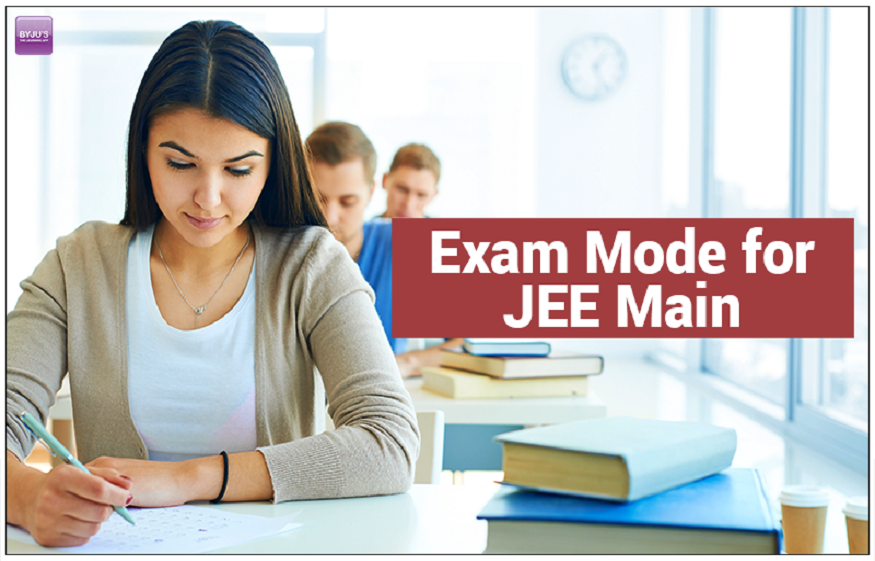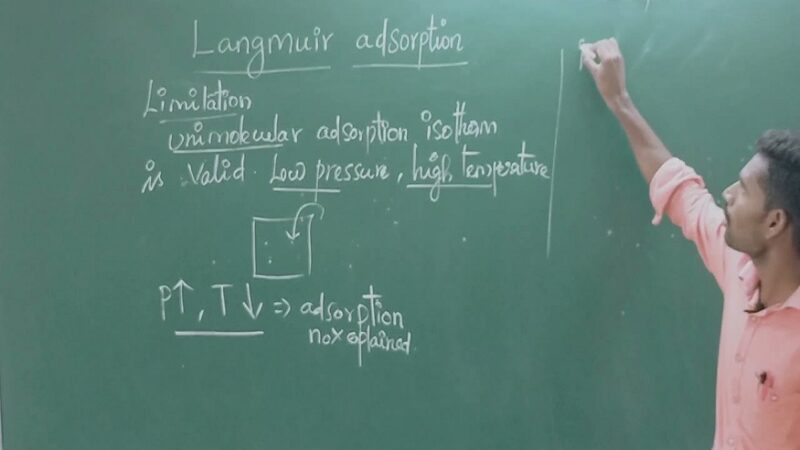JEE Main Examination

Joint Entrance Examination (JEE) is an entrance test for engineering students conducted in India for getting admission to several engineering colleges. It is composed of two distinct exams named as JEE Main and JEE Advanced. The Joint Seat Allocation Authority (JoSAA) performs a combined admission procedure based on the rank earned by a student at JEE Mains and JEE Advanced. The list of colleges available for the admissions are
- Indian Institute of Technology – 23 campuses
- National Technology Institute campuses – 32 campuses
- Indian Institute of Information Technology – 18 campuses
- Government Funded Technical Institutes – 19 campuses (GFTIs)
Some institutes such as IISERs (Indian Institutes of Science Education and Research), RGIPT (Rajiv Gandhi Institute of Petroleum Technology), and IISc (Indian Institute of Science) use the score achieved in JEE Advanced as the criteria for admission. Such institutes will not participate in the post-exam counselling process. A candidate who is admitted to IITs can not write the JEE- Advanced test next year, which is not identical in the case of RGIPT, IISER and IISc and some other educational institutes as they consider only JEE Advanced marks for admission.
JEE main
The JEE main examination was conducted by CBSE (Central Board of Secondary Education) until 2018. From 2019 Joint Entrance Examination is held by the NTA (National Testing Agency).
JEE Main is valid for admission to the CFTIs IIITs and NITs, participating through the Central Seat Allocation Board. The requirement is the applicant should have obtained at least 75 per cent marks in the class 12th examination or be in the top twenty percentile in the class 12th examination carried out by the respective authorities. In the 12th grade test, the qualifying marks will be 65 per cent for SC / ST candidates.
Read more: Important information about A2 English test
JEE Main exam conducting authority (NTA) conducts examination in two modes that is online and offline mode. It has two examination papers, paper 1 and 2. There are questions of multiple-choice in both the papers. Paper – 1 is intended for entrance to B.E or B.Tech courses and it is only provided in online mode. Paper – 2 is for entrance to courses in B.Planning and B.Arch and this is performed only in offline mode Click here to know more about Byjus.
Useful Tips to Crack JEE Exam
A few basic strategies for IIT-dreaming candidates are
- Focus more on the basic concepts
You need to be thorough with the basic concepts to get a detailed understanding of a particular subject.
- Exercising the previous year JEE main papers
There are Several JEE main papers available online working on them gives a good understanding of time management, types of questions, an important subject from each section, etc.
- Practising JEE Mock test
The more you attend the JEE mock test, the more clear you will be about the JEE main paper format and the more confident..
- Revised practice gives you success.
The continuous study doesn’t help you to crack the JEE test, but a successful revision does. The best way to do this is to prepare your revision notes which provide the summarized view of the subject.






